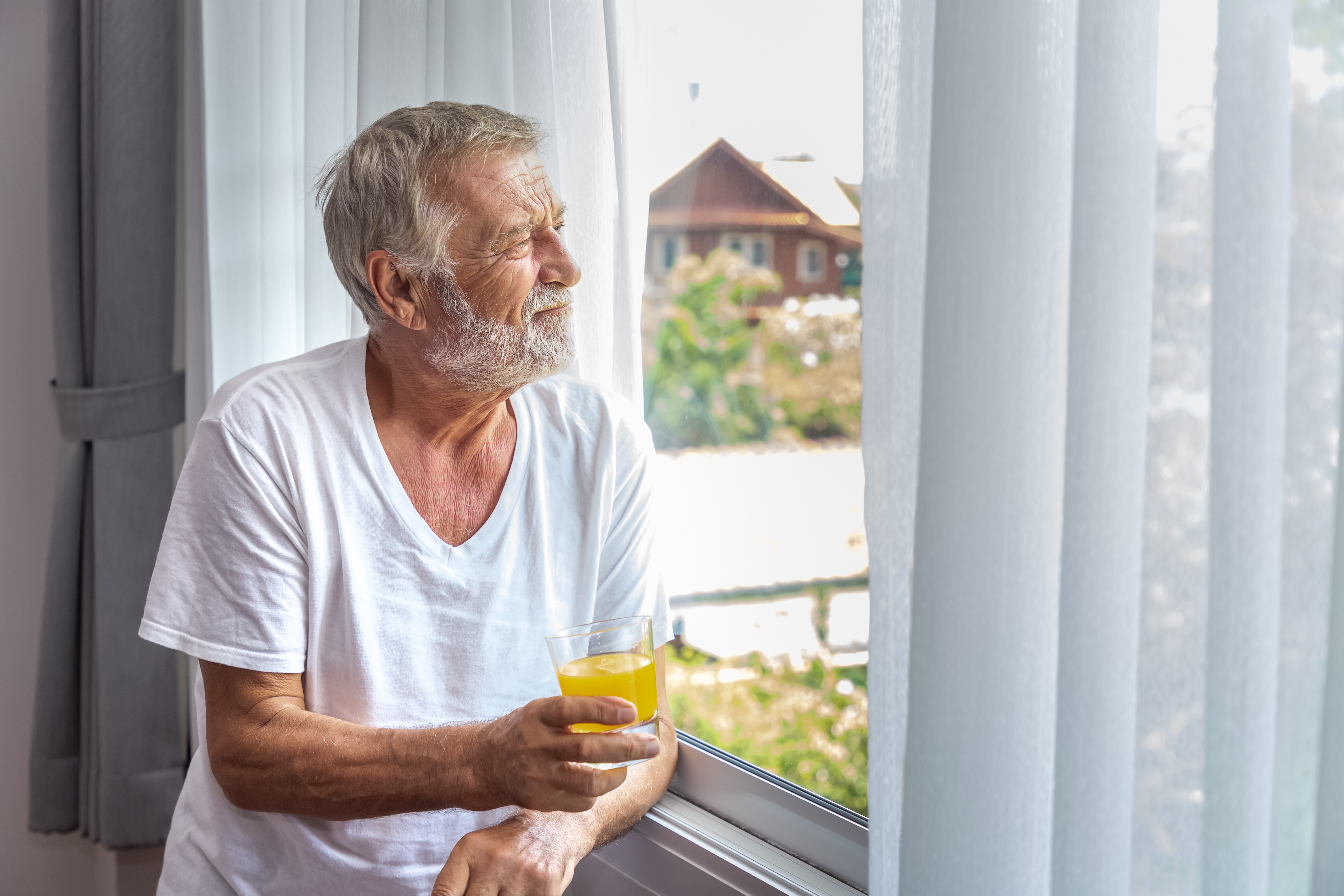
Whew, it's hot. Older adults are more prone to health problems from heat.
Three reasons:
- Older adults sweat less and have poorer circulation – the two mechanisms the body uses to cool down
- Age-related chronic conditions (like cardiovascular disease and diabetes) affect normal body responses to heat
- Some prescription medicines limit the body’s ability to cool down by limiting blood flow and hydration (including diuretics, sedatives, beta blockers, heart and high blood pressure medicines). Ask your doctor if medications you take might contribute to overheating
Heat exhaustion can occur when temperatures are as low as 80 degrees. So it’s best to stay cool on hot days:
- Stay in air-conditioning – aim for 77 degrees or lower
- Limit outdoor activities to mornings and evenings when it’s cooler
- Set a timer for 15 minutes to remind you to get out of the sun
- Drink more water – don’t wait until you’re thirsty to drink. As we age we stop feeling as thirsty, and can get dehydrated faster. Sip water throughout the day; avoid caffeine and alcohol
- Wear loose, lightweight, light-colored clothing
- Take cool showers or baths to cool down
Watch for warning signs of dehydration or heat exhaustion:
- dizziness, lightheadedness, headache
- nausea, vomiting
- muscle cramps
- racing heart
- low energy; feeling lethargic
- sudden paleness
Seek medical care immediately if you have muscle cramps, headaches, nausea or vomiting.
To lower your core temperature:
- get in air conditioning
- take a cool shower
- put ice or cold water on your wrists
- drink water
If you still feel unwell after cooling down and hydrating, seek medical treatment.
